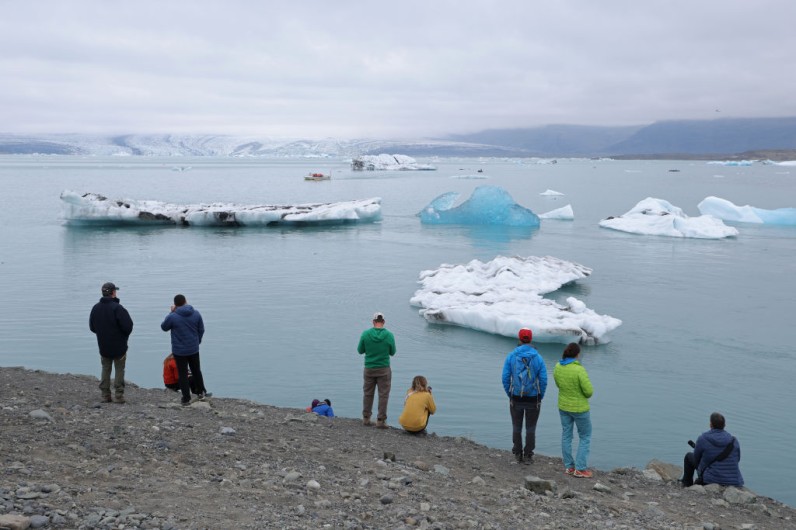
Starting 2023, Iceland's tourism industry has recovered strongly, with projections indicating it will welcome 2.3 million visitors in 2024. However, this growth also presents challenges, such as strain on local communities and environmental impact.
With a proactive stance, Iceland is now in the process of revising its tourism tax system, responding to the resurgence of visitors post-pandemic and the environmental challenges that accompany it. This step underscores the country's commitment to sustainable tourism.
New Tourism Tax
In a report by CNBC, Prime Minister Bjarni Benediktsson has outlined a revised approach that emphasizes sustainability and environmental protection while using tourism revenue. The country reintroduced a tourism tax at the beginning of the year, applying a nominal fee to various accommodations, including hotels, campsites, mobile homes, and cruise ships.
With this new initiative, Iceland hopes to generate funds dedicated to sustainability programs and mitigate the ecological impact of tourism.
Benediktsson articulated a vision for a future tourism tax structure that prioritizes a "user pays" principle, where access to popular attractions is subject to fees that can be adjusted based on demand. This dynamic pricing strategy intends to manage visitor flows, ensuring that sensitive sites like Geysir, known for its hot springs, are not overwhelmed by tourists.
The Prime Minister also stressed the need for careful monitoring and intervention where necessary, citing indicators such as environmental balance and societal satisfaction to guide policy decisions.







Join the Conversation